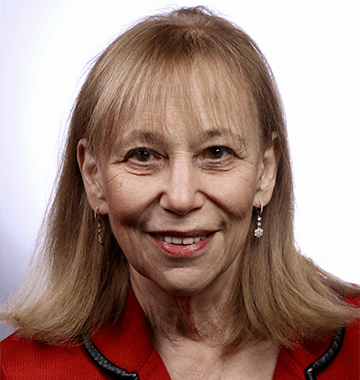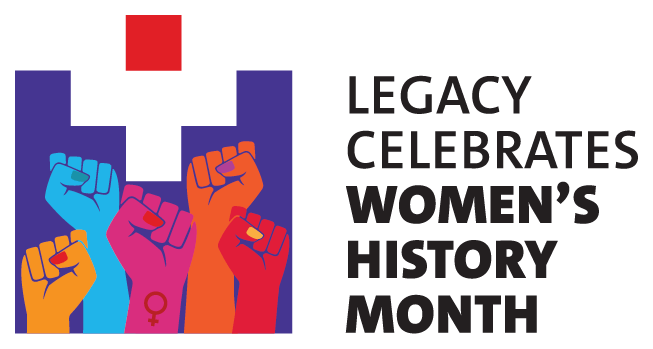Women’s History Month: Sandra Lewis, MD
March 26, 2024
Home > About > News & Media > Story Center
Sandra Lewis, MD
Cardiologist, Legacy Medical Group-Cardiology at Good SamaritanDr. Sandra Lewis looks at her decades in medicine — the last five years as a cardiologist at Legacy Medical Group−Cardiology at Good Samaritan — as a wondrous adventure.
“Every day as a doctor has been a gift,” she says. “I don't think of it as a job. It's more of a calling. And I think that's true as you learn about women physicians throughout history — it’s something that they just had to do.”
Lewis is one of many inspiring women who work at Legacy Health and one being highlighted during Women’s History Month.
The Portland native and Beaverton High School graduate has spent most of her life in her hometown except for studies and training at Stanford University. After graduating from Beaverton High School, Lewis received both her undergraduate and medical school degrees from Stanford. She also completed her residency and a subsequent fellowship there before returning to Portland in the 1980s.
Lewis has been practicing medicine since 1985 and spent decades in her own private practice right across the street from Legacy Good Samaritan Medical Center before joining the Legacy system five years ago. (She’s been on staff at the hospital, including its precursor, Good Samaritan Medical Center, since 1985.)
In the years since she started her practice, Lewis has witnessed a lot of medical history — and evolution.
“Women physicians were pioneers in the 1980s, especially in cardiology. No question,” Lewis says. “It was a magical time in cardiology. We were part of a scientific tsunami: The field was growing meteorically. And yet, at that point, we thought that heart disease was a disease of middle-aged men. We didn't look at heart disease as the most common cause of death for women.”
That changed, says Lewis, in part because of women patients bringing their concerns to women in cardiology.
“One of the early opportunities to make an impact evolved as women were coming to women cardiologists with their stories. It fell upon us to begin to learn about heart diseases in women: listen, understand differences and raise awareness.”
There were few women cardiologists when Lewis began her career. This posed challenges but more women have since joined the medical ranks. However, Lewis sees her life as a physician filled with opportunities and gifts, not impossible obstacles.
“I have had the absolute honor of getting to know my patients and their deepest secrets and concerns,” she says. “But at the same time, I’m learning and teaching and questioning what's next, as well as learning from, mentoring and sponsoring my colleagues. I’ve taken a leadership role in the cardiology community, and, I hope, I’ll share this learning to improve cardiovascular care for all.”
Lewis has earned enough plaudits and honors to fill a resume for several pages: dozens of leadership positions, honors and awards, as well as dozens of written publications and roles as the principal investigator in many critical research projects. Lewis notes that Legacy Good Samaritan (and Good Samaritan) was the clinical research site for landmark clinical trials that emerged during the 1980s and ‘90s.
Lewis’ husband, James Rosenbaum, is a rheumatologist at Legacy Health Partners and part of a renowned Portland family of doctors. Lewis and Rosenbaum’s two daughters are also doctors — one lives in Portland, the other in Massachusetts.
Lewis says health care is, in a lot of ways, still an “old boys” network. There aren’t a lot of women in senior leadership positions, for instance. But this will change further, she believes. It’s a matter of continued leadership development, patience, and time.
“I have a hero,” Lewis says. “She's in her 90s. And her name is Dr. Nanette Wenger.” Wenger is a professor at Emory University in Atlanta and a legendary cardiologist. “Every time I see her, she asks me: ‘What are you doing now? What's new?’ She personifies how I would hope to be at 94 years old. I want to still be asking my young colleagues, ‘What are you doing now? What's new?’”

![]()
Every day as a doctor has been a gift. I don't think of it as a job. It's more of a calling.
![]()


